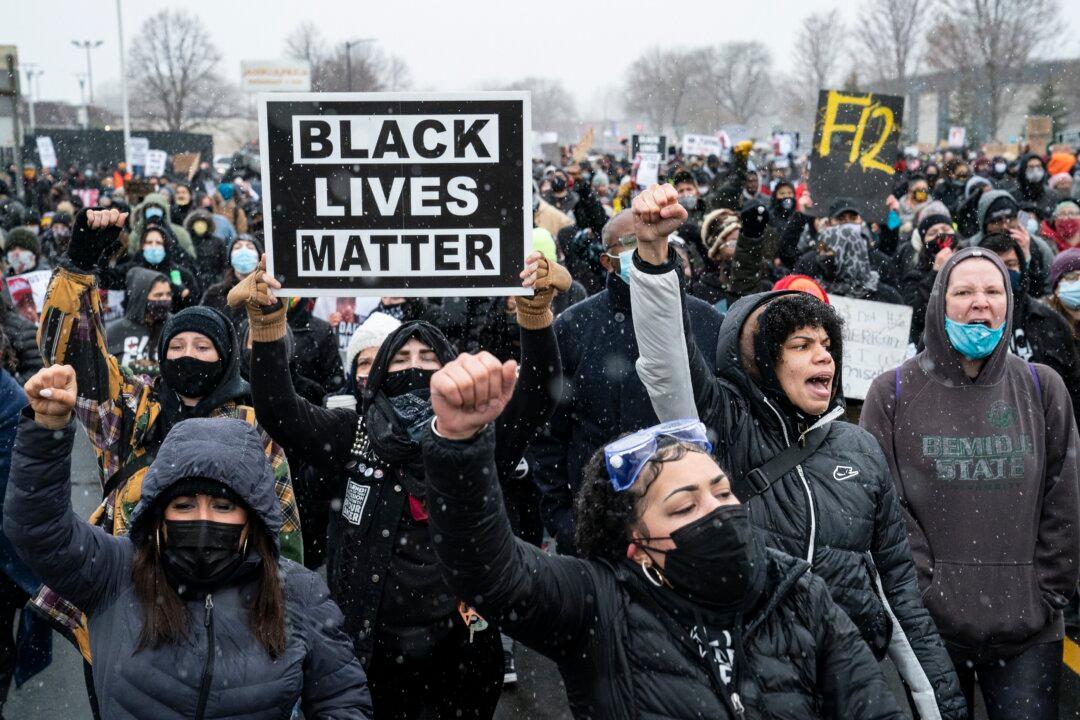A Minnesota state lawmaker is seeking to punish those convicted of a crime committed during protests by stripping their access to state-sponsored assistance programs, including student loans, unemployment benefits, and food stamps.
State Sen. David Osmek, a Republican, earlier this month introduced Senate File 2381, as officials, business owners, and residents of Minneapolis fear that the fatal officer-involved shooting of Daunte Wright could lead to a repeat of the unrest that erupted last summer over the death of George Floyd. According to Gov. Tim Walz, the widespread riots, looting, and arson left the Twin Cities area with at least $500 million in damage during protests and riots last year.





